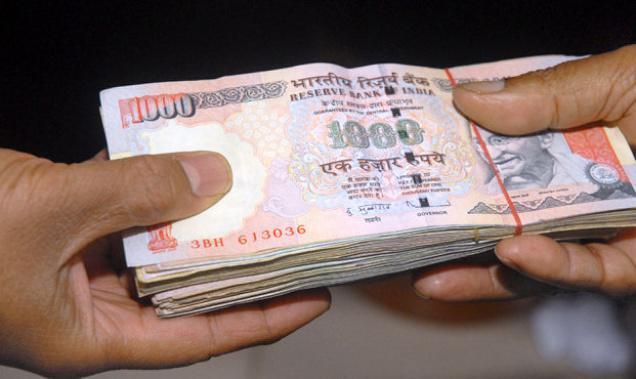Search
GST Impact on the Banking Sector
June 28, 2017
GST is claimed to be one of the biggest tax reforms in the history of the Indian economy. Almost every single industry will observe its impact in the country, and banking is no different.

The following are some of the biggest changes that the Banking Sector will observe after GST implementation:
-
Registration Woes
The current tax system is centralized. In other words- Banks and Non-Banking Financial Companies can carry out their operations through a single registration for the service tax compliances. However, in the GST regime, they will have to register all the branches individually on the basis of the state they are located in. Moreover, the filing of returns will become more complicated and time-consuming due to the increased frequency.
-
Complicated Legal Proceedings
In the current system, a taxpayer goes to a single authority for adjudication. However, under the new GST regime, in every instance of assessment, there will be multiple adjudicating authorities involved, which means that things could become complicated when one authority has a different opinion from another.
-
Bothersome Changes Due to Supply of Service
Under the GST regime taxability is linked to the “supply” of goods and services- especially the “place” of supply. So, banks may have to deal with increased paperwork as customers who own businesses or change their residence frequency will require them to change their records for compliance.
Goods and Services Tax has many advantages. However, the transition is unlikely to be easy for anyone. With the gravity of the issues that the banking industry stands against today, it’s expected that the government will make appropriate changes in the near future to grant it relief.



